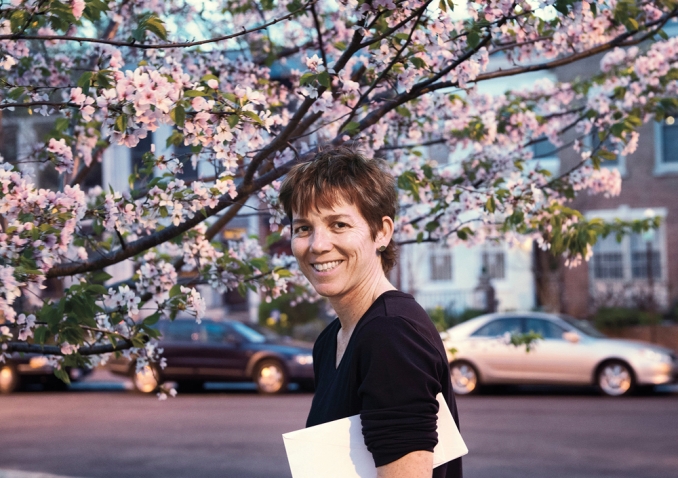When Ana Revenga ’85 decided to branch out from physics and math at Wellesley, she found economics … and Professor Karl “Chip” Case. Like many others who studied with him, Ana credits Case with luring her into the field of economics and encouraging her to pursue a Ph.D., which she earned at Harvard.
It was the joint engineering program with MIT that initially attracted Ana to Wellesley. And while she fell in love with the beauty of the campus, she was much less enamored of lab work. She works with a lot of engineers now, though, because she says they are among the many skilled people who contribute to international development work, the profession she chose.
Ana is the senior director of the Poverty Global Practice at the World Bank. Her nearly 25-year career at the World Bank owes some of its origins, too, to the transformation she saw in Spain, where she grew up. Her grandparents valued education but could not attend college. Her father not only received a university education, but was poised, during Spain’s decades of rapid growth in the 1960s and 1970s, to start and lead a company that catapulted his family out of the country’s lower economic echelons and solidly into its middle class.
Ana returned to Spain briefly after completing her education in the United States, but she yearned to help other countries striving for similar advancements. With the World Bank, she has worked in Mexico, Cambodia, Poland, Romania, and former Soviet republics including Georgia and Armenia.
“When I’ve gone back to these countries almost 20 years after the first time I was there, they’re hugely transformative countries,” she says. In Georgia, for example, she says the transition from a communist system to a market economy is nearly complete.
But she also points out that “these are some of the more successful countries.” In Africa, on the other hand, she sees a mix of conditions. Some countries are so mired in internal strife, with ineffective and inefficient governments, that alleviating poverty remains much more challenging.
“I’m pretty optimistic about places like Rwanda and Ethiopia,” Ana says. “At the same time, I’m not so optimistic about places that don’t have the basic institutions of government in place.”
A couple of years ago, Ana had the occasion to return to campus, and during a lunch with students she says she was struck by the level of interest they had for international development work. Her first suggestion to them was simple: Go abroad. “There is no substitute for that experience of living in a developing country,” she said. “It’s just a very enriching experience, personally and professionally.”
She also says that no matter what subject a student chooses to major in, there’s likely a place for her in development work. The multifaceted problems cry out for people with a wide range of expertise. Ana says the challenges offer strong motivation to work hard.
“I know it sounds trite, but you do feel like you’re making a difference in people’s lives,” she says.





We ask that those who engage in Wellesley magazine's online community act with honesty, integrity, and respect. (Remember the honor code, alums?) We reserve the right to remove comments by impersonators or comments that are not civil and relevant to the subject at hand. By posting here, you are permitting Wellesley magazine to edit and republish your comment in all media. Please remember that all posts are public.